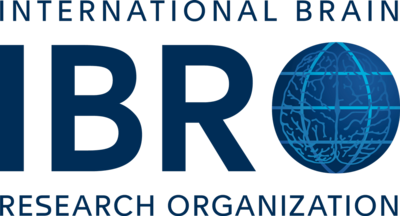COMPLEXITY IN MENTAL HEALTH. THE INTERPLAY BETWEEN BRAIN, BEHAVIOR AND CONTEXT
April 26-May 01, 2026
Erice, Sicily, ITALY
Workshop Organizers

Francesca Cirulli (Istituto Superiore di Sanità, Roma, Italy)
Igor Branchi (Istituto Superiore di Sanità, Roma, Italy)
Purpose of the Workshop

Despite the huge progress in the molecular and cellular neuroscience fields, our ability to understand the brain and to develop effective treatments for mental disorders is still rather limited. This limitation arises from the predominant approach of investigating mental disorders as a direct consequence of specific disruptions of the brain molecular machinery. We believe that advancing mental health research requires a conceptual shift—from a reductionist, deterministic, and mechanistic framework to a complexity-based perspective. This approach, aligned with Aristotle’s idea that the whole is more than the sum of its parts, acknowledges the brain and the entire individual as a complex system with emergent properties. Embracing this paradigm has profound theoretical and practical implications for neuroscience and psychiatry, opening new avenues for innovative therapeutic strategies in mental health. Within the School's framework, we will exploit an interdisciplinary perspective, spanning from neuroscience to psychology, philosophy, and complexity science, to provide innovative tools to advance our understanding of brain and behavior. This will be accomplished by harnessing theoretical models that transcend the boundaries between fields and disciplines, beyond the mainstream. Special attention will be paid to identifying the “right” questions, based on a proper balance between theoretical soundness and technological progress. Effective on-site training to experimentally approach complex issues in mental health will be provided to the students.
